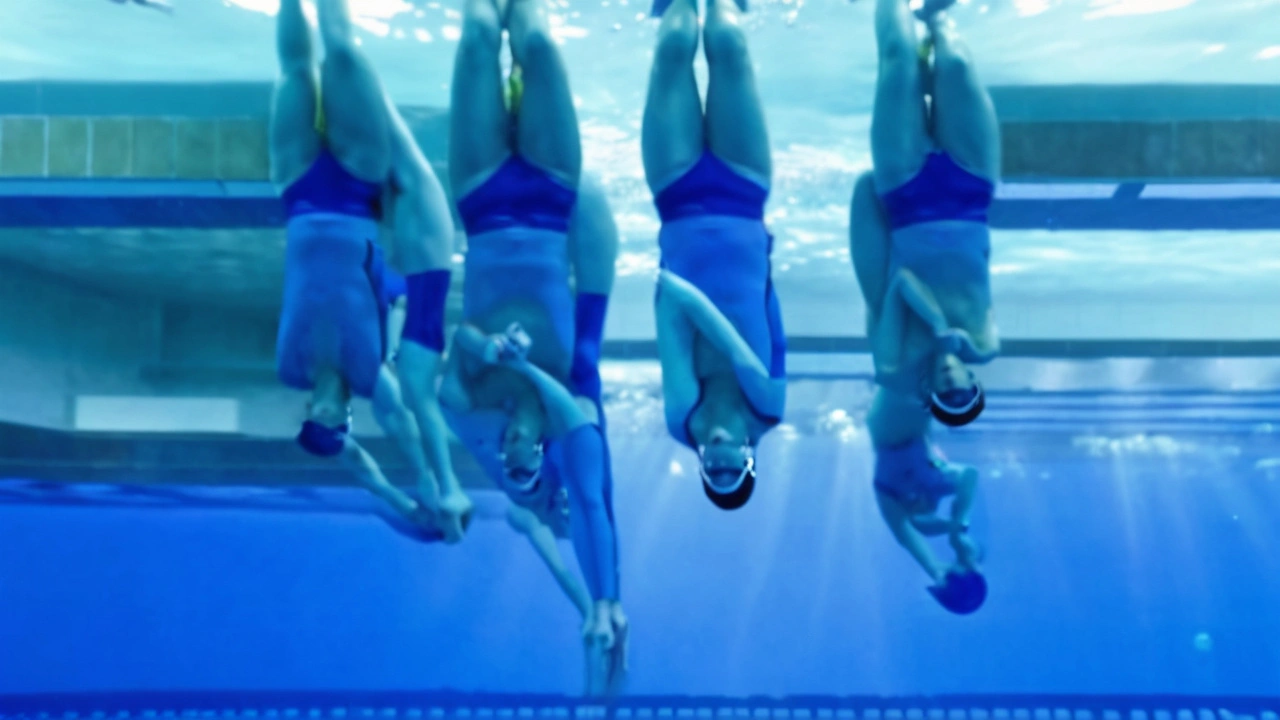FINA: What You Need to Know About the World’s Governing Body for Swimming
FINA stands for the International Swimming Federation. It’s the group that sets the rules, runs the biggest meets, and looks after swimmers worldwide. If you follow any water sport—swimming, diving, water polo, or artistic swimming—you’re watching something FINA has approved.
Founded in 1908, FINA now works with more than 200 national federations. Its headquarters sit in Switzerland, but its decisions affect pools in Nairobi, Lagos, and Cape Town just as much as they do in Tokyo or Rome. The organization also pushes for fair play, drug testing, and gender equality in every aquatic discipline.
Major FINA Competitions You Can’t Miss
The highlight of FINA’s calendar is the World Aquatics Championships, held every two years. This event bundles swimming, diving, high‑life rescue, open water, and artistic swimming into one massive show. Winning a medal there is a career‑changing moment for any athlete.
Another big deal is the FINA World Cup series. These are short‑course meets that travel to different continents, giving swimmers a chance to earn points and prize money throughout the season. For fans, the World Cup offers more frequent action than the once‑in‑two‑years championships.FINA also runs the Swimming World Series, a set of elite meets that feature the sport’s top names. The series often includes stops in Africa, letting local fans watch world‑class talent up close. Finally, there’s the Olympic Games, where FINA’s rules become the official standard for every swimming race.
How FINA Impacts African Aquatics
Africa’s swimming scene has grown fast thanks to FINA’s development programs. The federation provides coaching clinics, equipment grants, and scholarship opportunities for promising swimmers from the continent. As a result, nations like South Africa, Kenya, and Egypt are now regular contenders at world events.
FINA’s open‑water races also give African athletes a natural advantage. With endless coastlines and big lakes, many countries can train in real‑world conditions that mimic race day. This has helped African swimmers claim podium spots in the 10‑km open‑water event.
For fans, FINA’s official website and social media channels stream live races and post detailed results. You can set alerts for African athletes, track their times, and even follow behind‑the‑scenes stories that show the hard work behind each splash.
If you’re a swimmer looking to compete internationally, the first step is to join your national federation, which is affiliated with FINA. From there, you can enter qualification events, earn the necessary FINA points, and earn a spot on your country’s team for the World Championships or the Olympics.
In short, FINA is the backbone of every competitive water sport you watch. Understanding its role helps you appreciate the sport’s fairness, its global reach, and the opportunities it creates for athletes across Africa and beyond.
Men are now officially part of synchronized swimming, a sport long dominated by women. The inclusion by FINA into the Olympic program is a huge push for gender equality in aquatic sports. The article discusses this landmark change, the challenges and opportunities it brings, and its potential to inspire fans and athletes worldwide.
More
